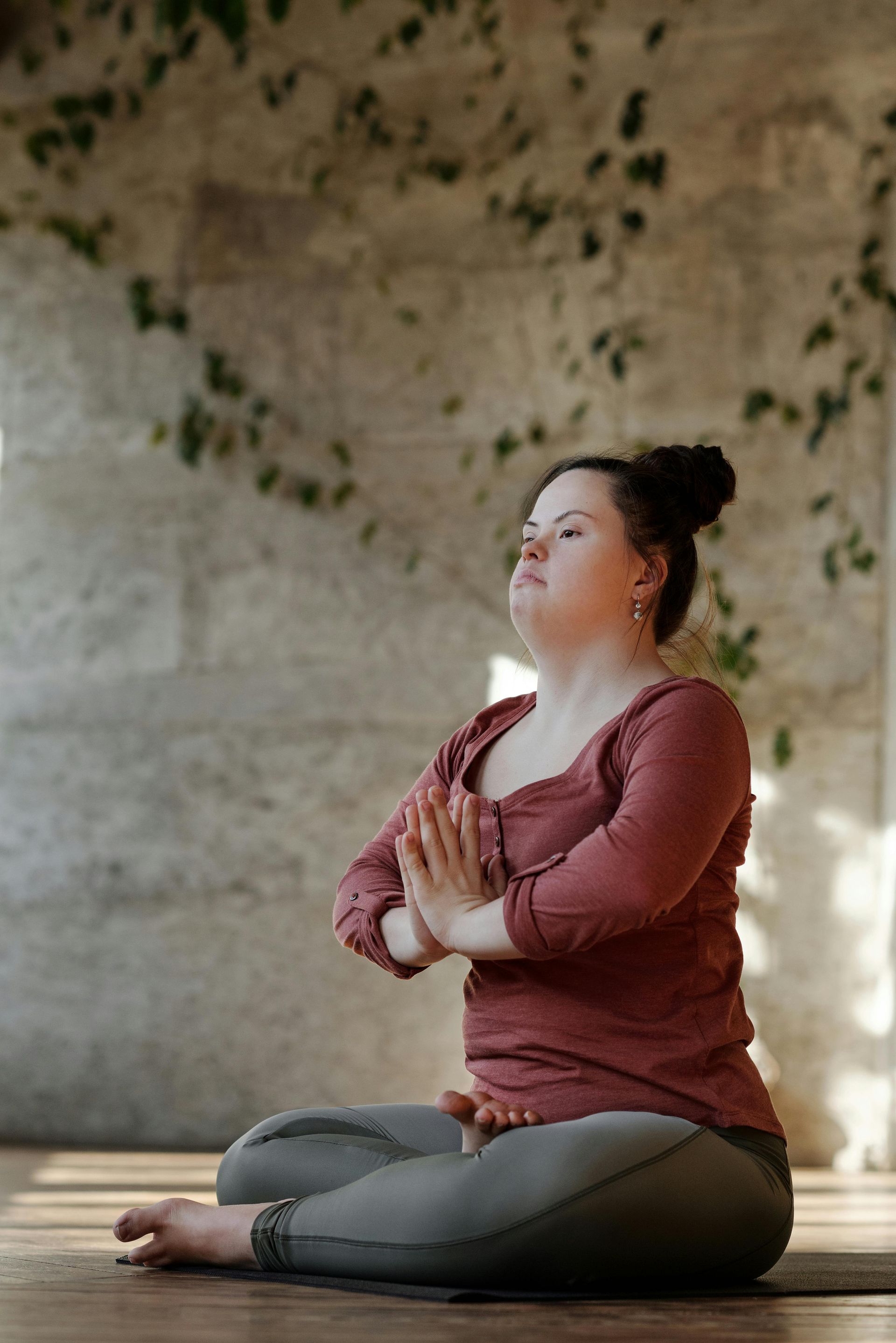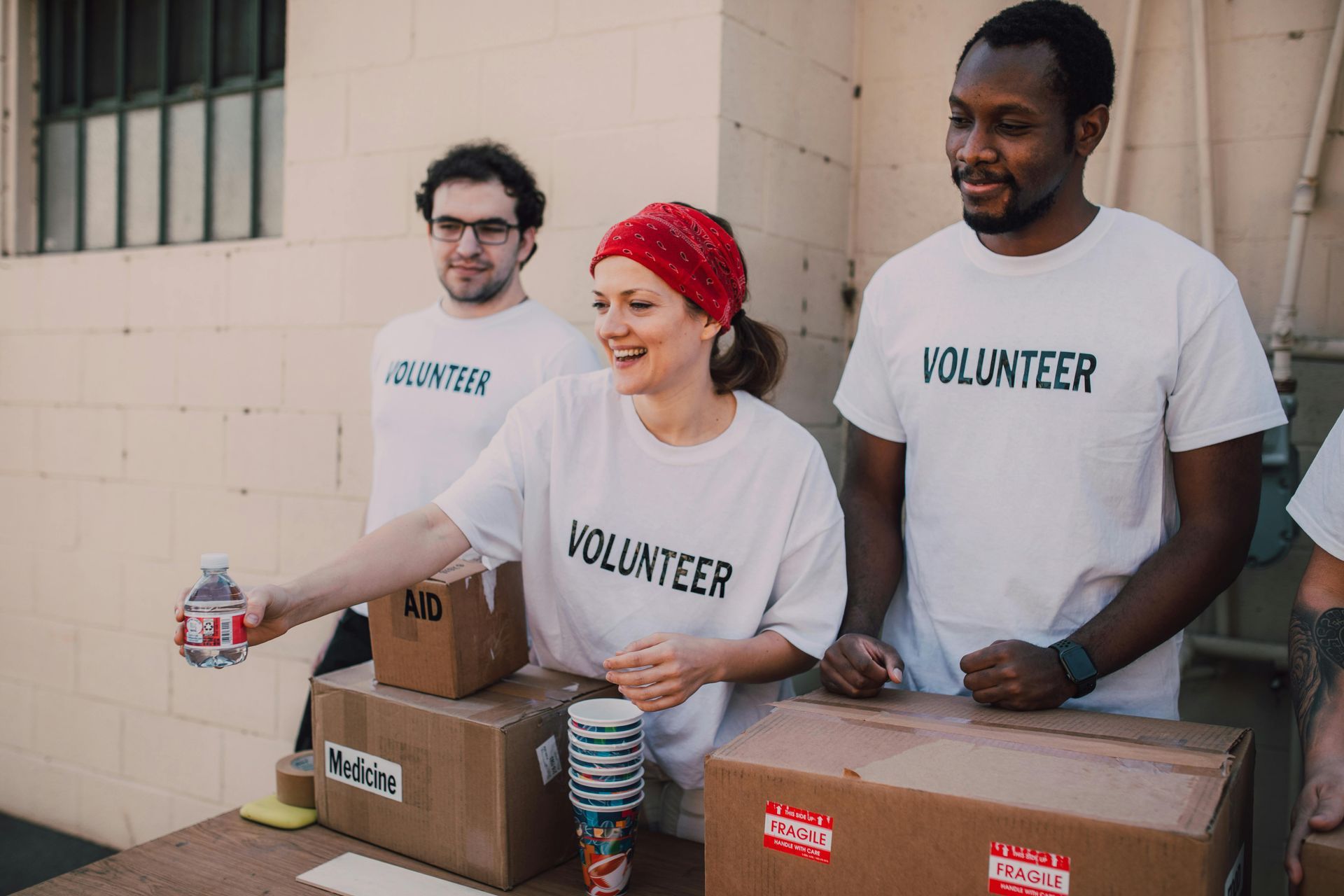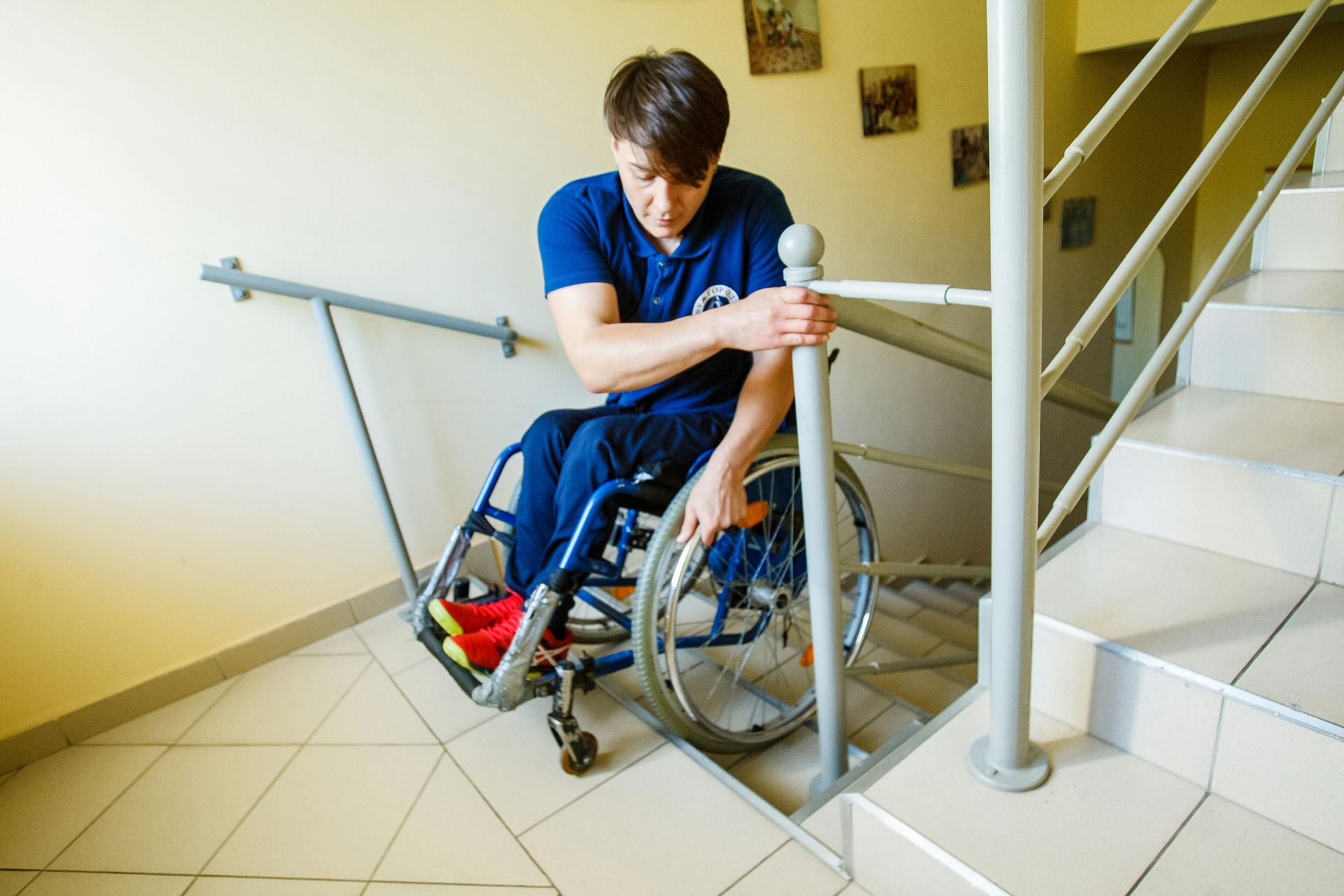Blog Layout
Autism in Older Adults
Source: Cara Murez / HealthDay Reporter / May 5, 2023,
Now, two new reports find this group is at substantial risk for age-related physical conditions and injuries, as well as being particularly susceptible to certain mental health issues including loneliness, social isolation and lower quality of life.
To continue reading this article, please click here > > > >

April 1, 2025
Charisma Mangahas, who has Guillain-Barré syndrome and uses a tracheostomy tube (also called a trach tube) to help her breathe, spoke out about her experience being denied the service and offered Disney an alternative option to having employees assess guests' health conditions individually. She shared her idea in a TikTok video posted in late June that has gotten over 1.7 million views.
To continue reading this article, please click here > > > >

March 31, 2025
Bollywood has undergone significant transformations over the years, reflecting changes in societal norms and perceptions. One aspect that has witnessed notable evolution is the portrayal of disability in films. From stereotypical representations to more nuanced and empathetic depictions, the industry has played a crucial role in shaping public attitudes towards people with disabilities.

March 28, 2025
The hydrotherapy center is part of a multi-building complex dedicated to rehabilitation and therapy for children and adults located at Merkaz Kach, an industrial area that lies on Route 90 several kilometers south of Kiryat Shmona, and only four kilometers (2.5 miles) from the Lebanese border.

March 27, 2025
A few days before I went to Martha’s Vineyard, my hearing aids broke. As a deaf person who primarily uses American Sign Language (ASL), my hearing aids provide information about whether sound is present, though not always what it means. But lately I’ve come to rely on them most for the visual reminder of deafness that they give to hearing people. Without them, hearing people often assume I’m “ignoring” them, and most blow past patience or curiosity straight to anger. I’ve been shouted at in stores for not responding to a clerk’s call, shoved on a sidewalk for not responding fast enough to someone’s excuse me, assaulted on a subway platform after missing a man’s attempted flirtation.

March 26, 2025
In Uganda, access to healthcare services for the deaf community is being severely hindered by the government’s failure to recruit sign language interpreters at healthcare facilities. “Access to health services by deaf persons is a big challenge, this is due to communication barrier, many medical workers are too busy to learn sign Language and it becomes very difficult to help”, Mr. Bonny Okoda, a member of the Board of Directors of Uganda National Deaf Association notes.

March 24, 2025
People with disabilities have difficulty accessing safe places, and the denial of vital services such as electricity, water, and food exposes people with disabilities to heightened risks including the risk of loss of life, Hagrass said. The Special Rapporteur urged parties to the conflict to consider the situation of persons with disabilities when conducting hostilities, including warnings of attacks, especially as safe and accessible means of transportation and assistive tools are lacking to flee danger.
To continue reading this article, please click here > > > > >

March 21, 2025
Despite Ghada Alree being unable to walk and reliant on family for mobility, New Zealand initially told her this week they would not allow her mother to be added to a list with her for evacuation from Gaza to Egypt. After the Herald sought comment, officials now appear to be offering a pathway out of Gaza for the pair.
To continue reading this article, please click here > > > > >

March 19, 2025
The BBC spoke to Heba Abu Jazar, a hearing-impaired person in the Gaza Strip, about her difficult journey during the Gaza war, and how she was aware of the Israeli bombing of her area.
Heba lives in a challenging world, where her personal story is intertwined with the reality of the ongoing conflict that plagues her region.
PHED Mobility LLC
55335 Corwin Road
Elkhart, IN 46514
Phone
(574) 226-4104
Please view PHED Mobility's Google reviews by clicking on the Google icon above.
PHED Mobility LLC is a Service -Connected Disabled Veteran Owned Small Business.

April 1, 2025
Charisma Mangahas, who has Guillain-Barré syndrome and uses a tracheostomy tube (also called a trach tube) to help her breathe, spoke out about her experience being denied the service and offered Disney an alternative option to having employees assess guests' health conditions individually. She shared her idea in a TikTok video posted in late June that has gotten over 1.7 million views.
To continue reading this article, please click here > > > >

March 31, 2025
Bollywood has undergone significant transformations over the years, reflecting changes in societal norms and perceptions. One aspect that has witnessed notable evolution is the portrayal of disability in films. From stereotypical representations to more nuanced and empathetic depictions, the industry has played a crucial role in shaping public attitudes towards people with disabilities.
© 2025
All Rights Reserved | PHED Mobility LLC

